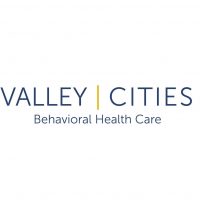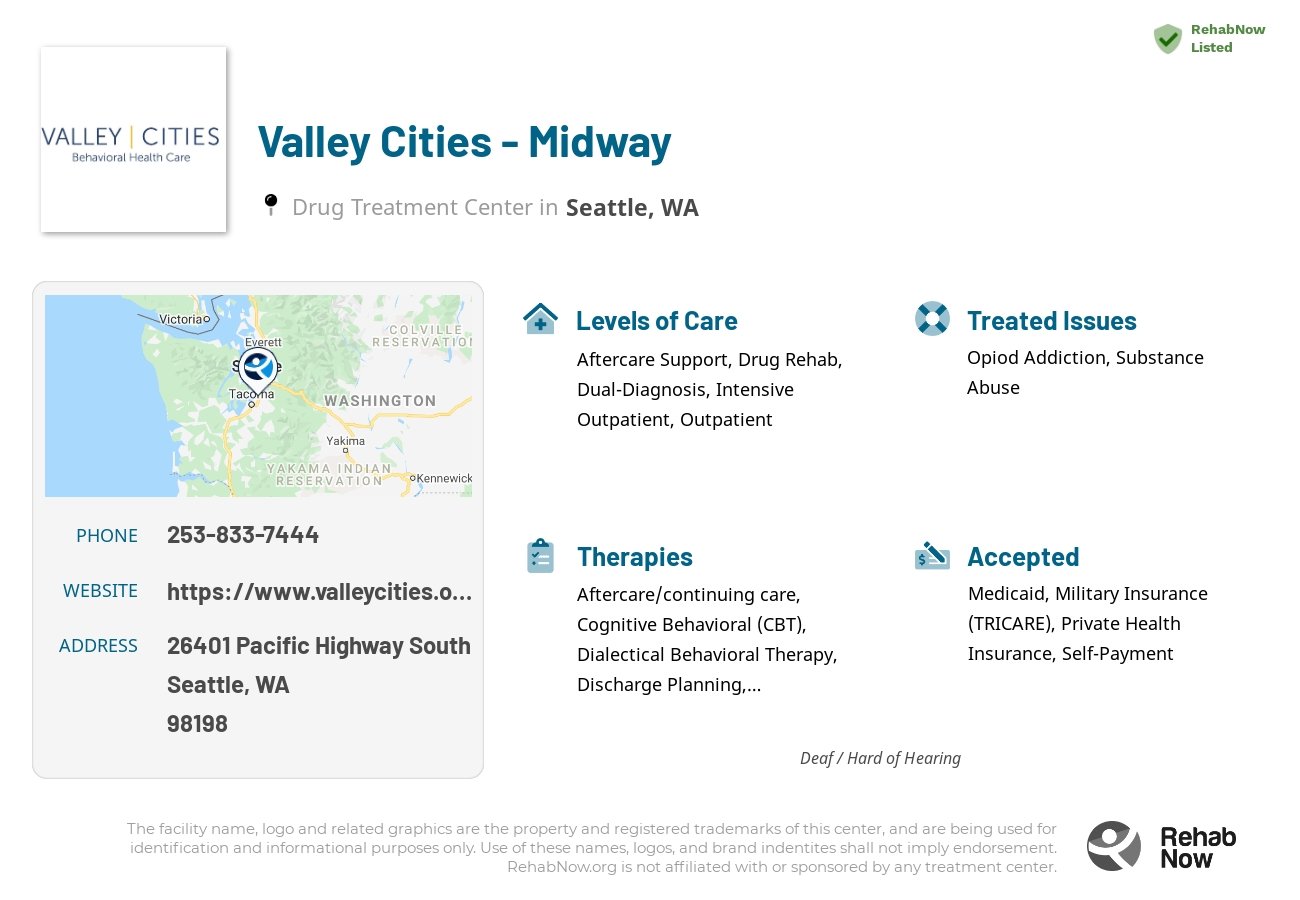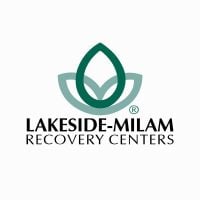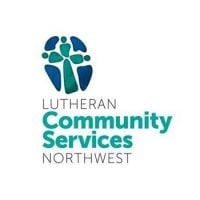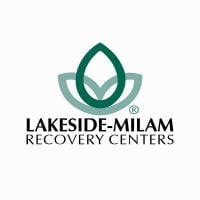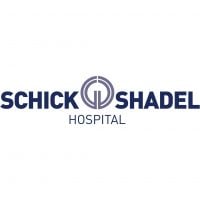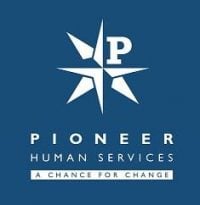Valley Cities - Midway
Drug Rehab Center in Seattle, Washington
Valley Cities - Midway is a JCAHO accredited and State licensed Addiction Treatment Facility located in Seattle, WA that offers a range of evidence-based addiction treatment services and a specialized program for those with dual diagnosis or other mental health issues, with detoxification available under the supervision of medical professionals and most major private health insurance plans accepted.
About This Seattle, WA Facility
Valley Cities - Midway, located in Seattle, Washington, is a renowned behavioral healthcare provider focused on treating mental health and substance use disorders through inpatient and outpatient programs. Their serene setting provides a supportive environment for recovery.
With the belief that anything is possible with treatment, Valley Cities - Midway offers comprehensive services tailored to each individual's unique needs, empowering them on their journey towards healing and personal growth.
Accredited by JCAHO and holding a state license, this facility delivers evidence-based treatments and therapies, ensuring the highest quality of care. Their multidisciplinary team provides personalized treatment plans, addressing various levels of addiction and mental health concerns.
- Medication-assisted treatment for addiction recovery
- Individual and group therapy sessions
- Relapse prevention and aftercare planning
- Holistic approach to overall well-being
Valley Cities - Midway specializes in treating substance use disorders, offering tailored programs for individuals struggling with alcohol, opioid, or other drug addictions. Their compassionate staff guides clients through the recovery process, providing the necessary tools and support.
For someone battling opioid addiction, Valley Cities - Midway offers a comprehensive treatment program. Through medication-assisted therapy, counseling, and a supportive community, individuals can overcome their dependence and regain control over their lives, paving the way for a successful, sober future.
Genders
Ages
Modality
Additional
Accreditations
State License

JCAHO
Conditions and Issues Treated
Rehab centers exist in Seattle, WA to help individuals bounce back from substance abuse, which is an umbrella term for drug and alcohol addiction. Drug addiction refers to the use of illegal drugs and improper use of prescription drugs. Centers like Valley Cities - Midway provide individuals a chance to access individual and group therapy that can be monumental for recovery.
Substance abuse includes all problems that stem out from using various psychoactive substances. It is also a diagnostic term used by Diagnostic and Statistical Manual of Mental Disorders (DSM-IV) to define the mental and physical impairment or distress caused by misuse and overuse of certain substances in a period of 12 months.
Opioid addiction involves addiction to legal or illegal opioids. It may happen very quickly with any opioid use. Sometimes within a matter of days. Opioid addiction is a known as a high-risk factor for future heroin addiction.
Opioid withdrawal can be extremely uncomfortable and lead the user to continue to use even if they want to quit. Stopping using an opioid requires careful medical observation. Sometimes the withdrawal can persist for many weeks, which can put the user at a high risk for relapse.
It is recommended to receive inpatient treatment and a medically supervised detox like those offered at Valley Cities - Midway in Seattle, WA, WA, to manage the withdrawal process while learning lasting tools to maintain recovery. In some circumstances medications can be used to manage opioid addiction.
People with dual diagnosis have coexisting addiction and a mental disorder. 9.2 million US adults had a co-occurring disorder in 2018, so not just limited to Washington residents. Best treatment combines medication, psychotherapy (talk therapy), support group, and inpatient rehabilitation. Sometimes, complementary therapies – yoga, massage, and acupuncture – may also be used.
Levels of Care Offered
This center offers a variety of custom treatment tailored to individual recovery. Currently available are Aftercare Support, Detox, Drug Rehab, Dual-Diagnosis, Inpatient, Intensive Outpatient, Outpatient, Partial-Hospitalization, with additional therapies available as listed below.
Detoxification is a process that allows the patient to stop using opioids without experiencing severe withdrawal symptoms. This can be necessary for those who have been addicted for a long period of time or who are struggling with chronic pain.
During this process, addicts will receive medication and psychological support from doctors and other medical professionals until they can control their cravings.
Inpatient rehab is intended to treat severe addictions and co-occurring disorders. The length of stay in Washington varies from four weeks to six months according to the individual needs. Inpatient rehab ensures that the patient stays in a substance-free environment at Valley Cities - Midway.
Intensive outpatient programs mostly conduct meetings on weekdays. Group therapy is the main element in most intensive outpatient programs. Most IOPs last for about 90 days and include drug use monitoring and testing. A Washington IOP, like what’s offerd at Valley Cities - Midway, take much more time than a standard outpatient program. Some programs offer other services as well, such as employment assistance and medication management.
Outpatient treatment can be considered the lowest intensity level of addiction treatment in Seattle, WA. It is ideal for early phase addiction or lower intensity addictions. Valley Cities - Midway peer group support, 12-step programs, and individual counseling may still be involved.
Partial hospitalization programs offer another level of addiction treatment at Valley Cities - Midway. It is another way to receive a significant amount of treatment while decreasing the time commitment and cost. It can be a good option for stepping down from inpatient treatment in anticipation of a fully independent life in Seattle, WA.
After treatment, addiction treatment can be frightening for newly sober people. Aftercare support provided by Valley Cities - Midway is designed to give resources and help on a continued basis. It can involve finding housing in and around Washington, setting up 12-step meeting groups, continued medical monitoring, and counseling.
Valley Cities - Midway‘s Therapies & Programs
Individual therapy aims to identify the core issues that would have led the patient to substance abuse and address the root cause effectively. Patients find the therapist as a person who they can trust. It helps them to open up and discuss personal and sensitive issues, which they may not be comfortable discussing in a group.
Family therapy is a set of therapeutic approaches that assumes that the entire family is a system. It utilizes the strengths and resources of the family to help the patient refrain from resorting to substance abuse. It helps to repair relationships and improve communication between family members.
Group therapy happens at Valley Cities - Midway in a controlled group environment, as opposed to a one-on-one setting. It supports Seattle, WA patients’ recovery by offering a sense of comfort and letting them know that they are not alone. Through shared conversations, patients also learn to develop faith and understanding and gain insight on their addictions.
Unresolved trauma is often a key reason why many patients resorted to substance abuse. Trauma therapy refers to treatment wherein specialist therapists help the patients to resolve the trauma that led the patients to substance abuse. The trauma could be physical abuse, sexual abuse, war, natural disasters, divorce, accident, loss of a loved one, etc. Thinking of these traumatic events causes emotional disturbances like anxiety, depression and results in addiction. If trauma is the primary cause of substance abuse, then both issues must be addressed. Otherwise, there is a risk of relapse. Trauma therapy also improves the cognitive functions and provides long term benefits.
Dialectical Behavior Therapy (DBT) is an improved version of Cognitive Behavioral Therapy (CBT). DBT is a treatment of choice for people suffering from self-harming behaviors characterized by cutting and suicidal thoughts or inclinations.
This treatment is developed to help individuals recognize their thought patterns, behaviors, and feelings. It has demonstrated its effectiveness for people that are finding it difficult to control their emotions and urges. Conditions such as obsessive-compulsive disorder and borderline personality disorder also benefit from DBT as it imparts individuals stress-management techniques and enhanced self-esteem so they can sustain their sobriety by reducing the impact of triggers and out-of-control emotions.
Cognitive behavioral therapy (CBT) is a way of addressing concerns through talking. It can be used in individual counseling sessions. Talking through issues with professionals at Valley Cities - Midway can identify sources of discomfort or unhealthy thoughts. It is a way of learning about yourself and your individual perceptions. CBT is a healthy way of addressing some behaviors which may be bringing unintended consequences in your life.
Eye Movement Desensitization and Reprocessing (EMDR) is designed to support patients in treating trauma. Patients follow a bar of light throughout the session or watch their therapist’s finger travel back and forth. All this imitates the eye movements of REM sleep. These are the same movements that enable memories to be reprocessed by the brain. This reduces the impact and reprocesses traumatic memories have individuals, reducing the desire to shelter or escape by abusing substances.
Payment Options Accepted
For specific insurance or payment methods please contact us.
Is your insurance accepted?
Ask an expert, call (888) 674-0062
Additional Details
Specifics, location, and helpful extra information.
Seattle, Washington 98198 Phone Number(253) 833-7444 Meta DetailsUpdated April 15, 2024
Staff Verified
What else do people call Valley Cities – Midway?
People have occasionally also searched for “Valley Cities Counseling and Consult Des Moines Branch in Washington”
Patient Reviews
There are no reviews yet. Be the first one to write one.
Seattle, Washington Addiction Information
Washington's substance use, abuse, and addiction rates have followed the trends of the rest of the over the past years. Methamphetamine abuse is the biggest threat to Washington. Heroin-related overdoses increased by almost 450% from 2006 to 2016. 20% of all annual deaths in Washington are somehow drug and/or alcohol-related. Drugs are widely abused in Washington because they are easily trafficked in and out of the state.
In Seattle, Washington, drug addiction is a big problem. In 2016, there were nearly 500 drug overdose deaths in Seattle, with opioids responsible for most of those deaths. 4.5% of people aged 12 or older reported using psychotherapeutic drugs for nonmedical purposes. Some of the most common treatments include inpatient rehab, outpatient rehab, and detox centers.
Treatment in Nearby Cities
- Marysville, WA (47.9 mi.)
- Vashon, WA (9.2 mi.)
- Castle Rock, WA (80.6 mi.)
- Brewster, WA (127.9 mi.)
- Longview, WA (90.0 mi.)
Centers near Valley Cities - Midway
The facility name, logo and brand are the property and registered trademarks of Valley Cities - Midway, and are being used for identification and informational purposes only. Use of these names, logos and brands shall not imply endorsement. RehabNow.org is not affiliated with or sponsored by Valley Cities - Midway.
